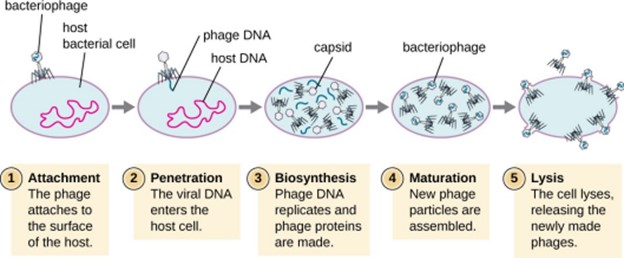Which organ in the human body is responsible for the removal of damaged red blood cells and the production of certain types of white blood cells?
Spleen.
Kidneys.
Pancreas.
Thyroid gland.
The Correct Answer is A
The spleen is an organ in the human body that is responsible for the removal of damaged red blood cells and the production of certain types of white blood cells.
Choice B is incorrect because the kidneys are responsible for filtering waste from the blood and regulating electrolyte balance.
Choice C is incorrect because the pancreas produces hormones and enzymes that aid in digestion.
Choice D is incorrect because the thyroid gland produces hormones that regulate metabolism.
Nursing Test Bank
Naxlex Comprehensive Predictor Exams
Related Questions
Correct Answer is A
Explanation
Viruses use the host’s replication processes to produce progeny virus particles.
Viruses are obligate intracellular parasites, meaning that they require a host cell to replicate.
They hijack the host cell’s machinery to produce new virus particles.

Choice B is incorrect because viruses do not divide inside the host cell.
Instead, they use the host cell’s machinery to produce new virus particles.
Choice C is incorrect because viruses do not have their own replication processes and rely on the host cell for replication.
Choice D is incorrect because while some viruses may destroy the host cell during replication, this is not always the case and is not the primary relationship between viruses and their host cells during replication.
Correct Answer is A
Explanation
The superior vena cava is the largest vein in the human body that returns deoxygenated blood from the upper half of the body to the right atrium of the heart.
Choice B is incorrect because the inferior vena cava returns deoxygenated blood from the lower half of the body to the right atrium of the heart.
Choice C is incorrect because the pulmonary vein carries oxygenated blood from the lungs to the left atrium of the heart.
Choice D is incorrect because the renal vein carries deoxygenated blood from the kidneys to the inferior vena cava.
Whether you are a student looking to ace your exams or a practicing nurse seeking to enhance your expertise , our nursing education contents will empower you with the confidence and competence to make a difference in the lives of patients and become a respected leader in the healthcare field.
Visit Naxlex, invest in your future and unlock endless possibilities with our unparalleled nursing education contents today
Report Wrong Answer on the Current Question
Do you disagree with the answer? If yes, what is your expected answer? Explain.
Kindly be descriptive with the issue you are facing.
